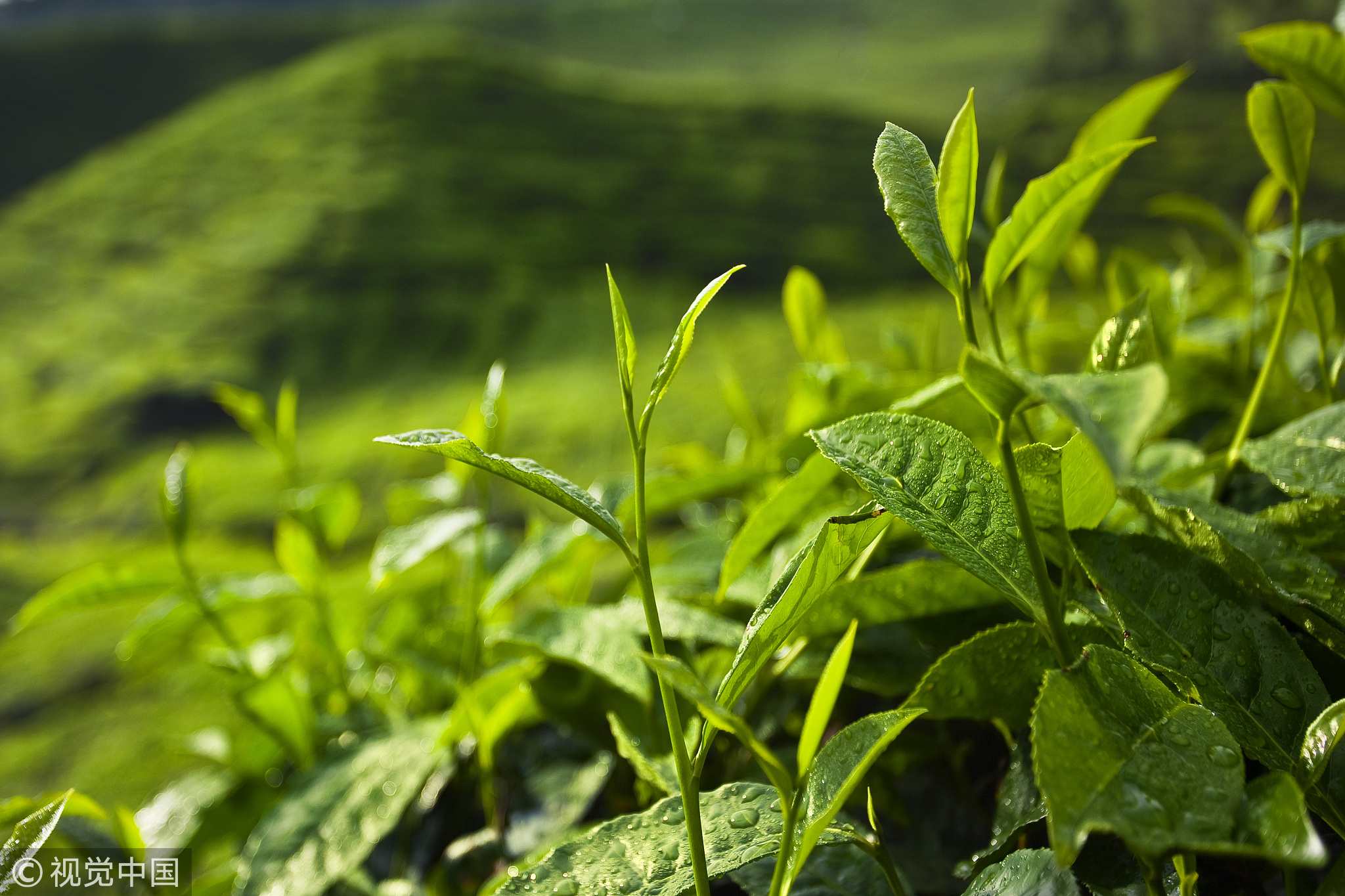
Plant
10:48, 12-Dec-2018
Scientists discover tea plants can send chemical 'Mayday' during pest attacks: study
Updated
10:13, 15-Dec-2018
CGTN

Chinese researchers have found that tea plants can send a chemical "Mayday" signal during pest attacks and the signal can be received by neighboring plants to fortify their defenses.
Previous studies found that the compound cis-3-Hexen-1-ol, also known as leaf alcohol, is produced by most plants and acts as an attractant to many predatory insects.
However, scientists are not sure how leaf alcohol is absorbed and stored by neighboring plants.
Researchers from the State Key Laboratory of Tea Plant Biology and Utilization at the Anhui Agricultural University found during in-vitro experiments that tea plants can absorb the airborne leaf alcohol emitted by neighboring plants and store the "signal" by converting leaf alcohol to glycoside.

Glycoside in plants can prevent them from pest attacks. /VCG Photo
Glycoside in plants can prevent them from pest attacks. /VCG Photo
Glycoside can suppress the growth of pests, and the accumulation of glycoside in plants is likely to activate the defense system for future pest attacks.
After genetic analysis, researchers identified genes encoding the enzymes responsible for the process of converting leaf alcohol to glycoside.
The findings have been published in the journal Plant, Cell and Environment.
Song Chuankui, the communications author of the research paper, said that the research provides a theoretical basis for pest control in tea plantations. Leaf alcohol may be sprayed on tea plants to help them defend themselves against pests.
(Cover: Farmers pluck leaves in a tea garden. /VCG Photo)
Source(s): Xinhua News Agency

SITEMAP
Copyright © 2018 CGTN. Beijing ICP prepared NO.16065310-3
Copyright © 2018 CGTN. Beijing ICP prepared NO.16065310-3